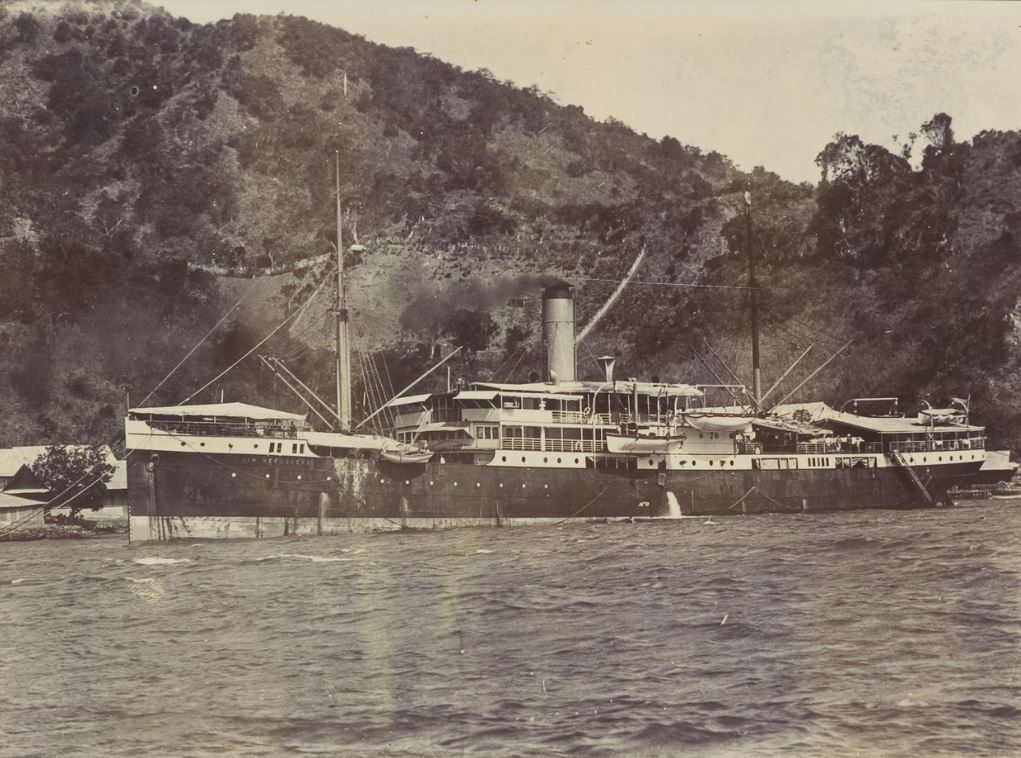SS Van Heemskerk
From Our Contribution
Remarks
Built for the Dutch East Indies trade, she was taken over by the British during WW1. In WW2 after the fall of Java she sought refuge in Australia and was chartered by the US Army Forces in Australia from 26 Mar 1942. She was then used to move back and forth between Australia and New guinea carrying troops and cargo
SS Van Heemskerk, escorted by HMAS Arunta, and in company with SS Japara was due in Milne Bay on the evening of 11 September, days after the surface raid that had sunk MV Anshun, when reports of another possible surface raid developing caused the convoy to hold until the morning of 12 September when it entered Milne Bay at about six in the morning. On December 26 and 27, while at Merauke, New Guinea, the ship was bombed by a Japanese float plane suffering seven casualties.
SS Van Heemskerk and MV Balikpapan arrived at Milne Bay under escort of HMAS Kapunda on 14 April 1943 just as the twenty-fourth air raid on that port was developing and after being diverted from Port Moresby due to air raids there. The ship discharged the embarked troops but had not unloaded her cargo of ammunition and fuel. She also did not have enough time to clear the bay. The U.S. troop commander left an improvised defense of twenty U.S. soldiers who placed a jeep with mounted .50 caliber machine gun on each hatch for defense until, after surviving four masthead level attacks, a hit in a hold containing ammunition and fuel destroyed the jeeps and crews. Despite the efforts of HMAS Wagga and her crew to control the fire the ship blew up with four killed.
